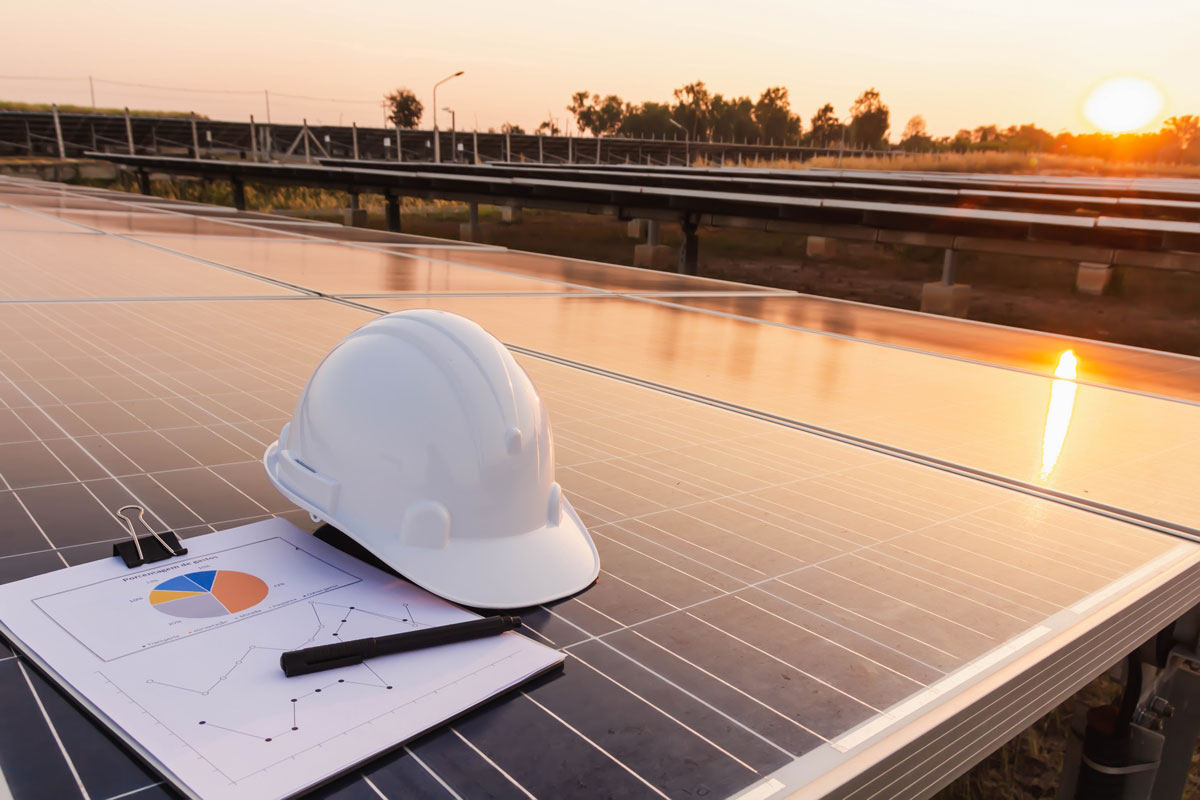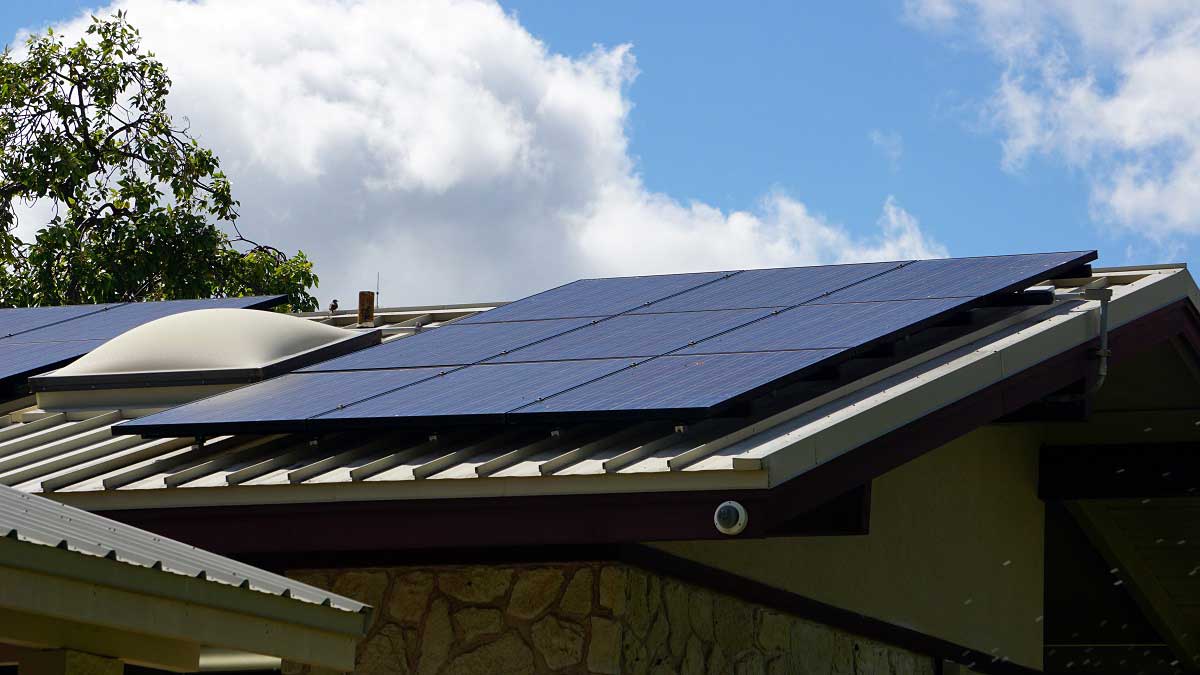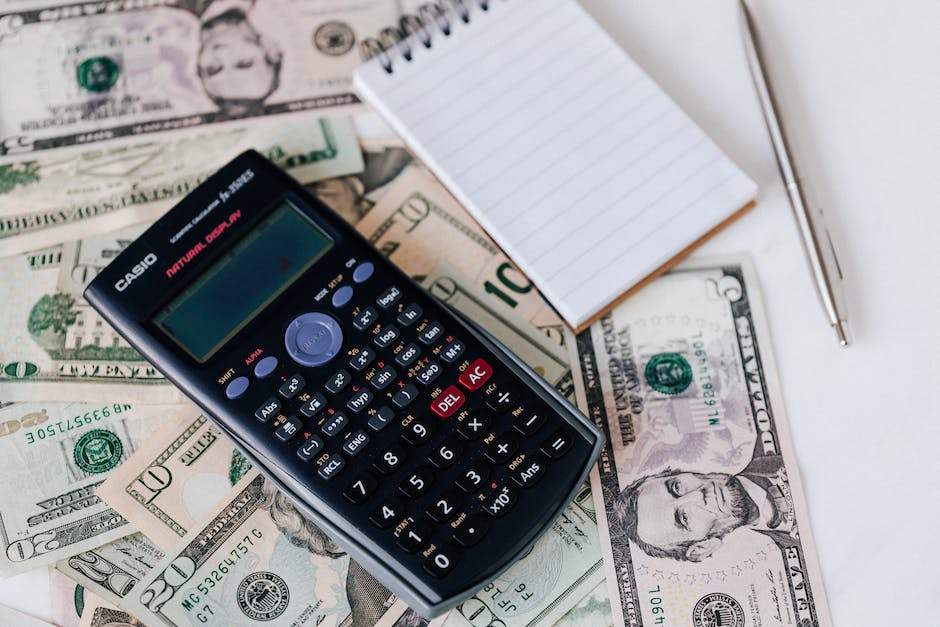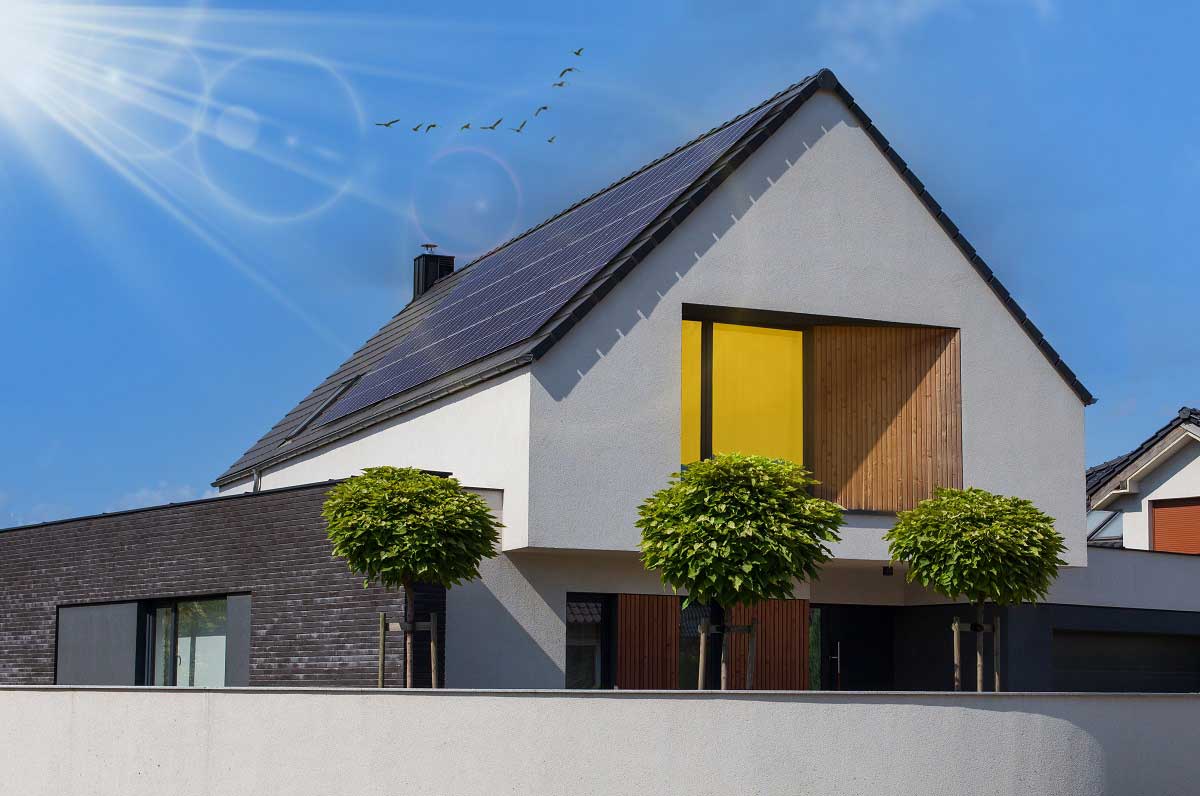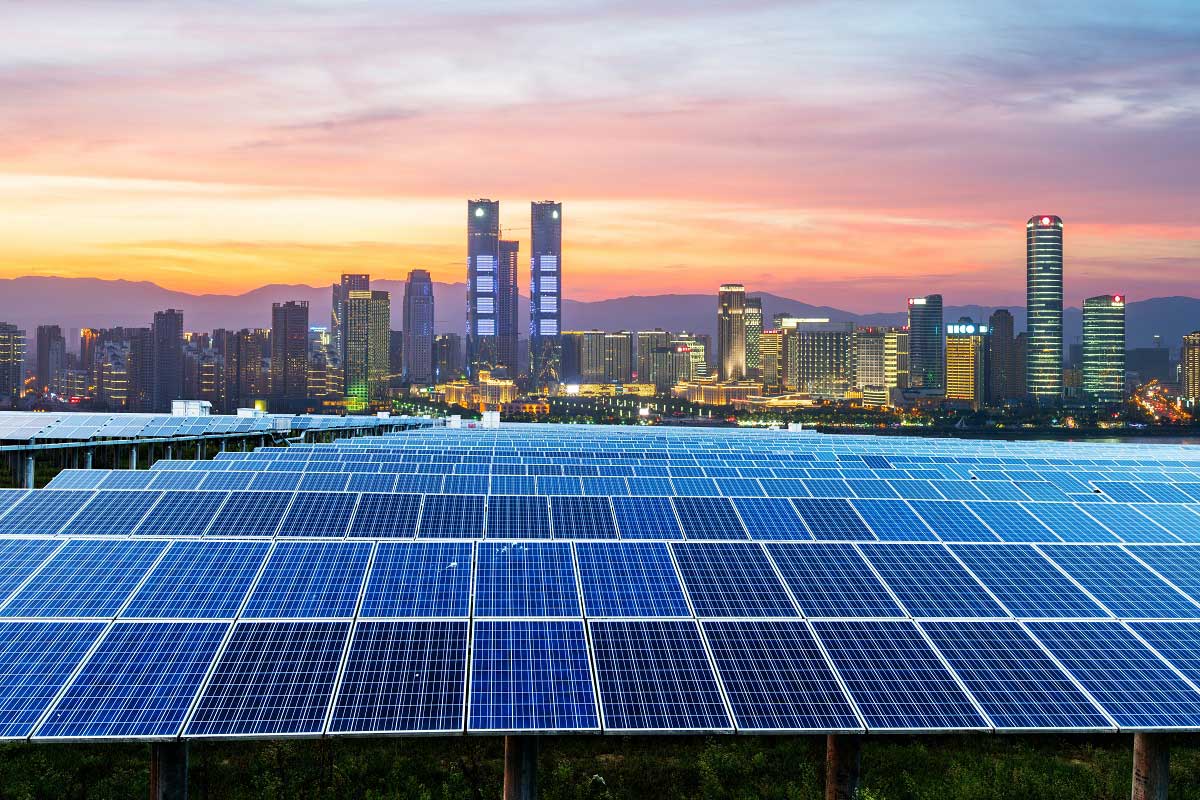The path to a sustainable future is paved with green energy. One of the most impactful ways to contribute to this shift is through the adoption of solar energy. Yet, for many, the costs associated with installing solar panels can seem daunting. However, with government assistance for solar panels, it is more achievable than ever to become a part of the solution.
Discover the benefits of government loans for solar panels and how they finance our sustainable future. Learn about different loan types, how to apply, and the impact of solar energy on your finances and community. Here's a comprehensive guide to help you understand these financial instruments better.
Understanding Solar Panel Financing
Solar panel financing is a crucial component in the wider green energy movement. These financial tools make it possible for individuals and businesses alike to invest in solar power, reducing reliance on fossil fuels and minimizing carbon footprints.
Government Loans: A Path To Affordability
When it comes to solar panel financing, government loans offer an affordable way to make the shift to renewable energy. These loans are designed to support green initiatives and make solar panel installation feasible for a broader segment of the population.
Types Of Government Loans
There are several types of government loans available for solar panel installation. These include:
-
The U.S. Department of the Treasury provides the Renewable Energy Grants, also known as the 1603 Program. This program reimburses applicants for some of the costs associated with installing a solar system. Payments are only made after the system has been put in service, meaning individuals will need to have enough funds on hand to pay for the system and its setup initially.
-
The U.S. Department of Housing and Urban Development (HUD) operates the Green Retrofit Grants under the Office of Affordable Housing Preservation. This program works with homeowners in low-income areas to install and maintain alternative energy resources, such as solar panel systems. The funds are disbursed via a $250 million funding provided by the Housing Recovery Act and must be spent within two years of receipt.
-
The U.S. Department of Energy (DOE) has the Tribal Energy Program, which provides funding to help tribes establish energy generating systems or energy efficiency measures for tribal structures and other energy-related infrastructure projects.
-
The U.S. Department of Agriculture (USDA) provides REAP Grants through the Rural Energy for America Program. This program helps farmers and small rural businesses obtain and install renewable energy systems, granting up to $20,000. The USDA also provides High Energy Cost Grants to improve the creation of energy in rural areas with abnormally high energy costs.
In terms of loans:
-
The Federal Housing Administration (FHA) offers the PowerSaver loan program. This program offers three financing options for homeowners to make energy efficiency and renewable energy upgrades in their residences, including the installation of solar photovoltaic (PV) systems, solar thermal hot water systems, small wind power, or geothermal heat pumps. To be eligible for the program, homeowners must meet certain requirements, including a minimum credit score of 660 and a maximum total debt to income ratio of 45%.
- PowerSaver Home Energy Upgrade provides up to $7,500 for smaller jobs like insulation, air and duct sealing, water heating, replacing heating and cooling equipment, etc. This loan doesn't require a home appraisal or lien on the property.
- PowerSaver Second Mortgage (Title I) offers up to $25,000 for funding larger retrofit projects, including energy efficiency and renewable energy projects. A home appraisal or equity is usually not required for this loan.
- PowerSaver Energy Rehab (203(k)) provides first mortgage up to FHA loan limitations for home purchase or refinance, targeting home buyers wanting to combine home improvements with home purchases, or homeowners wishing to include home improvements when refinancing an existing mortgage. It is FHA-insured up to 100% for a home purchase or refinance, plus the cost of a home improvement project.
Each of these options comes with their own eligibility requirements and benefits, ensuring there's a loan suitable for various needs and circumstances.
Eligibility For Government Solar Panel Loans
Before applying for a government solar panel loan, it's essential to understand the eligibility criteria. These criteria may vary depending on the specific program and your location, but typically include:
-
Owning the property where the solar panels will be installed
-
Having a good credit score
-
Being up-to-date with mortgage payments
Steps To Apply For A Government Solar Panel Loan
Step 1: Research Your Options
Various government programs offer solar panel loans. Research and compare these options to find the one that best suits your needs and circumstances.
Step 2: Check Your Eligibility
Ensure that you meet the eligibility criteria for the loan. This may involve checking your credit score, confirming that you own the property, and ensuring that you're up-to-date with your mortgage payments.
Step 3: Gather Required Documents
Collect all the necessary documents for the application. This may include proof of income, tax returns, and property documents.
Step 4: Submit Your Application
Once you've gathered all the necessary documents, you can submit your application. Be sure to fill out all the information accurately and completely to avoid any delays in processing.
Step 5: Wait For Approval
After submitting your application, the next step is to wait for approval. The approval process may take several weeks, so be patient.
Benefits Of Government Solar Panel Loans
Government solar panel loans come with numerous benefits. They offer competitive interest rates and long repayment terms, making it easier for you to afford solar panels. Moreover, by investing in solar energy, you can reduce your energy bills and make a positive impact on the environment.
Frequently Asked Questions
To eliminate any ambiguity regarding government loans for solar panels, we have answered some of the more commonly asked questions.
Can I get a government loan for solar panels if I have an existing mortgage?
Yes, you can get a government loan for solar panels even if you have an existing mortgage. The specifics depend on the type of loan and the terms of your mortgage. It's best to consult with a financial advisor or a solar loan expert to understand the best course of action.
Is it cheaper to buy or lease solar panels?
The decision to buy or lease solar panels depends on several factors, including your budget, energy consumption, and long-term plans. Purchasing solar panels often leads to more savings over time but requires a larger upfront investment. Leasing requires less upfront but may not provide the same degree of savings.
How much can I expect to save on energy costs with solar panels?
The savings from installing solar panels vary based on several factors, including the size of the solar system, the amount of sun your home receives, and your current electricity rates. On average, homeowners can expect to save between 10-30% on their energy bills.
Get Government Loans For Solar Panels
The need for a sustainable future is increasingly evident, and the role of solar energy in achieving this is undeniable. By making use of government loans for solar panels, we can all participate in this green revolution, one solar panel at a time.
Take advantage of government incentives to get free solar panels, and start saving money today! Visit Gov-Relations to learn more about how you can get free solar panels from the government.


